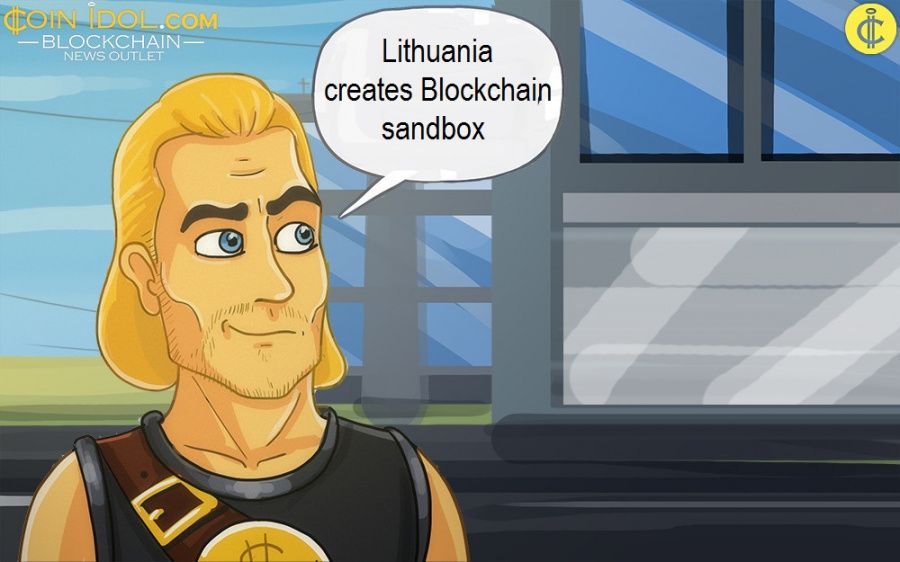Lithuanian Central Bank Tests Blockchain Sandbox for Non-Financial Sector
Updated: May 29, 2020 at 13:36

The Bank of Lithuania (BoL) is working on the development of a blockchain platform to support the non-financial sector. As per the report by Europe World News, the BoL unveiled that it has successfully completed the blockchain-powered sandbox ‘LBChain’ initiative.
The LBChain initiative cartels the design of disruptive distributed ledger tech (DLT)-powered solutions with supporting their use cases in the finance and banking industry and increasing the quality of regulatory prerequisites and alluring massive joint ventures and FDI (foreign direct investment).
Why is the LBChain initiative important for the market?
LBChain is a DLT-centered sandbox designed by the BoL and meant for the FinTech sector. The LBChain participants will conduct blockchain-steered research, create their blockchain-powered services and then experiment them in banks and other important monetary service providers.
The platform will allow both the domestic and startups from other European countries plus monetary and fintech firms to acquire new skills and expertise, do more blockchain-based studies, experiment and adapt groundbreaking DLT-based services and give topnotch novelties to their users.
The initiative is the globe’s first such DLT-oriented platform managed by a government-owned monetary market watchdog. If all goes as planned, the LBChain initiative will be rolled out before the end of 2020.
Boosting blockchain capabilities of financial regulators
Eleven fintech firms from eight nations participated in the LBChain initiative, which was conducted in 3 stages. Companies have tested more than 10 products and solutions in an orderly regulatory environment. Solutions from the sandbox include green bond issuance platform; regulatory reporting platform; and digital bank.
Sandbox uses Hyperledger Fabric and R3 Corda as the base technology. The central banking institution explained that in light of the opinions of the finance sector, BoL concentrated on R&D of authorized networks contrary to public DLTs.
DLT project manager (PM) at BoL Andrius Adamonis revealed that this sandbox boosted the bank’s blockchain technology capabilities and successfully fascinated foreign capital and built academic cooperation through this sandbox. He added that developing the non-financial DLT project ‘LTChain’ based on the success of LBChain is the final goal of the initiative.
The BoL wants to complete the procurement work with fintech firms taking part in the sandbox and roll out the LBChain within the fourth quarter (Q4) of this year.
Lithuania has created a free and conducive environment for blockchain companies and businesses to thrive. Just like the Swiss and Ireland, Lithuania can defensibly claim to thrive as a European hub for innovation related to fintech and blockchain technology.
Price
News
Price
News
Price

(0 comments)